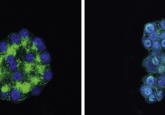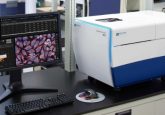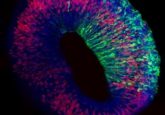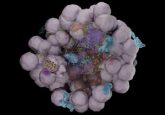Personalized tumor organoid model could optimize chemotherapy protocols
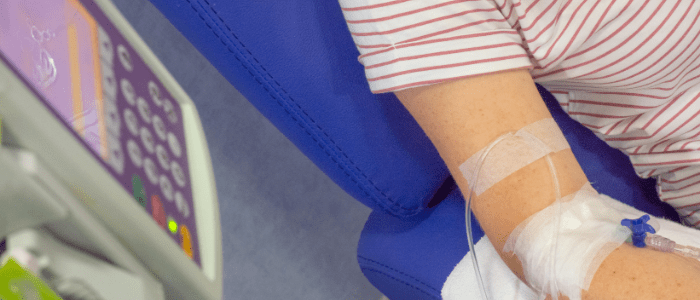
A tumor organoid platform created using patient tissue samples could be utilized to predict effective chemotherapy protocols in appendix and colon cancer patients.
A team of researchers from the Wake Forest Organoid Research Center (NC, USA) has created a patient-specific tumor organoid platform that can be used to identify the optimum hyperthermic intraperitoneal chemotherapy (HIPEC) protocol for the treatment of appendix and colon cancers.
HIPEC is a surgical treatment in which concentrated chemotherapy is heated to a specific temperature and delivered directly to the abdominal cavity. HIPEC can be paired with cytoreductive surgery – a treatment that removes abdominal tumors – to form a strategy that has demonstrated increased life expectancy in patients who previously would have only been candidates for palliative care.
Organoids were generated using samples from 15 appendiceal and 8 colon cancer patients. The organoids were perfused with different doses of oxaliplatin or mitomycin C that had been heated to either 37°C or 42°C.
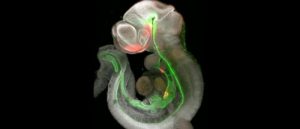 Mapping the road to more sophisticated organoid systems
Mapping the road to more sophisticated organoid systems
Two papers recently published in Nature Communications signal a landmark in the development of more complex and representative organoid systems.
Utilizing the patient-specific tumor organoid model, the team could observe the efficacy of HIPEC on personalized tumors to identify the optimum conditions for patient treatment. The approach means that the chemotherapy type, concentration and the temperature used can all be appraised prior to treatment, hopefully improving patient outcomes and sparing them from unnecessary procedures.
Interestingly, the study demonstrated that all tumors reacted differently to heat, dramatic responses were observed in some tumors while others showed minimal to no meaningful response. The authors suggest that this could be due to cancer-specific mutations to hyperthermia.
The team hopes that the organoid model could one day be utilized to perform image-guided biopsies that could inform personalized treatment options for patients.
Study author Shay Soker commented: “The organoid model can accurately represent what occurs inside a patient’s body. The research continues to show that organoids are promising candidates for drug screening to assist in clinical decision making as well as in the study of how environmental factors, viruses or toxins impact cellular function of both normal and tumor cells.”

